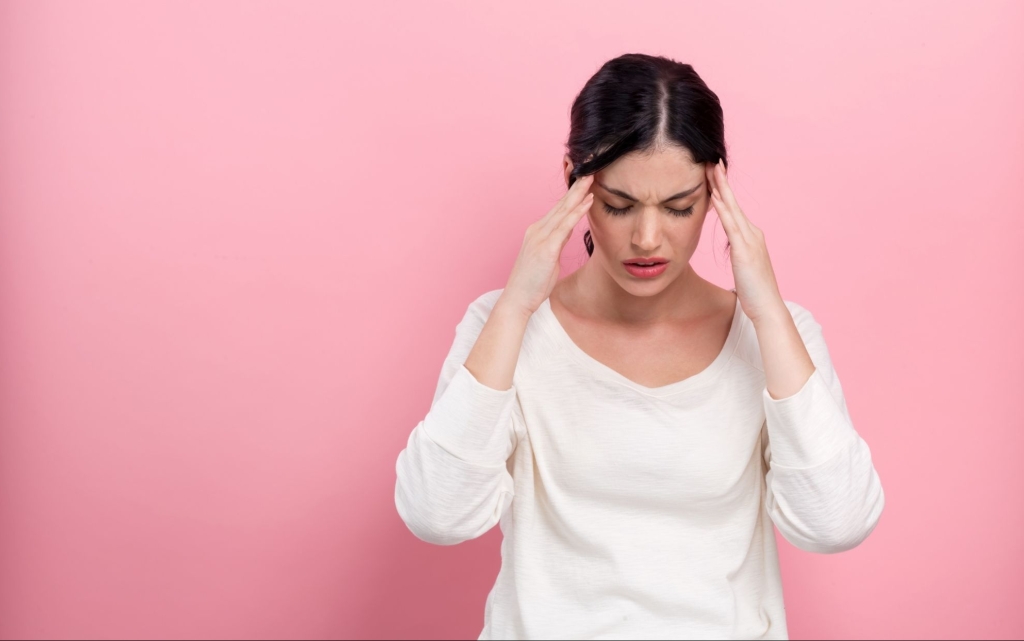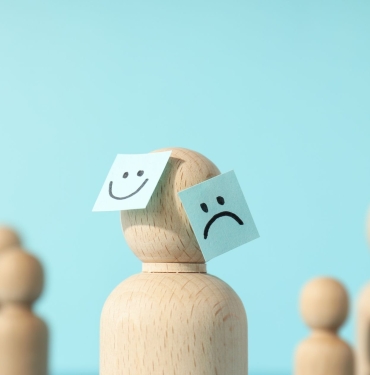Today's fast-paced life makes many people anxiety and leads to search for new ways to cope with stress. The pressures of both work and private life can strain individuals, and this can lead to serious health problems in the long run. In this article, we will cover various strategies that can be used to deal with these common problems more effectively, focusing on expert advice on anxiety and stress management. We will explore various methods, from deep breathing techniques to physical activity, from healthy nutrition to time management. These suggestions will be adaptable and applicable to everyone's life, but it should not be forgotten that it is important to seek professional help in serious cases.

Anxiety and Stress Management: Expert Advice
Nowadays, many people due to the fast pace of life, work intensity and personal responsibilities anxiety and have difficulty coping with stress. However, developing effective methods to cope with these emotions can improve quality of life and positively impact overall health. Here are expert recommendations for anxiety and stress management:
1. Deep Breathing and Meditation:
Deep breathing and meditation are effective methods of reducing stress. Conscious deep breathing can reduce stress responses in the body and provide mental calm. Daily meditation practices can also increase mental balance.

2. Physical Activity:
Regular exercise plays an important role in combating stress. Exercise helps the body reduce stress hormones and release endorphins. Getting at least 150 minutes of moderate-intensity exercise per week can reduce overall stress levels.
3. Healthy eating:
A balanced diet ensures your body gets the nutrients it needs. This can balance your energy levels and help you cope with stress more effectively.
4. Time management:
Improving time management skills can help you balance work and personal life. Prioritizing tasks, making plans, and taking frequent breaks helps you become more emotionally balanced.
5. Social support:
Social connections such as family, friends or support groups play a critical role in coping with stress. Emotional support can make it easier to cope with stress and increase overall life satisfaction.
6. Problem Solving Skills:
Breaking down the problems you encounter and solving them step by step can strengthen your skills in coping with stress. Addressing problems can increase the sense of control.
7. Limiting Technology Use:
Constantly using a phone, computer, or other electronic device can increase stress. Limiting technology use allows for mental rest and connection with the real world.
8. Sleep patterns:
Getting adequate and regular sleep is critical for your mental and emotional health. Improving your sleep patterns can increase your capacity to cope with stress.
9. Getting Professional Help:
If anxiety and if stress problems have become chronic, it is important to seek professional help. A therapist or counselor can help you develop strategies specific to you.
Behaviors to Avoid When Dealing with Anxiety and Stress
Fighting anxiety and stress involves avoiding negative behaviors as well as adopting positive habits. Here are some points to consider when dealing with these difficult emotions:
1. Avoid Excessive Alcohol and Drug Use:
Alcohol and drug use may provide short-term relief but can increase anxiety and stress in the long term. These substances can further disrupt emotional balance and lead to addiction problems.
2. Avoid Social Media and Computer Addiction:
Constant use of social media and computers can increase anxiety and stress. Being exposed to negative content on social media and constantly being in the digital world can negatively affect mental health.
3. Avoid Ignoring Problems:
Ignoring problems can lead to more stress and anxiety in the long run. Confronting problems and seeking solutions can strengthen your emotional health.
4. Avoid Staying in Constant Worry and Pessimism:
Staying stuck in negative thought patterns can increase anxiety and stress. Developing positive thought habits can positively impact mental health.
5. Avoid Working Day and Night:
Working constantly and not taking time to rest can increase stress. Taking care of regular sleep and rest is important for your mental and emotional health.
6. Stay Away from Negative People and Environments:
Negative people and toxic environments can increase your anxiety and stress. It is important to build positive relationships and create a supportive environment.
Anxiety and stress are common problems that many people face today. However, developing effective strategies for coping with these emotions can improve quality of life and positively impact overall health. The expert advice discussed in this article can be adapted to anyone's daily life and customized to individual needs. With simple but effective methods such as deep breathing, physical activity, and healthy nutrition, you can be stronger in the fight against anxiety and stress and live a healthier life. However, these recommendations contain general information and in serious cases it is important to consult a specialist. Prioritizing yourself and your mental health can open the door to a more balanced life.






















